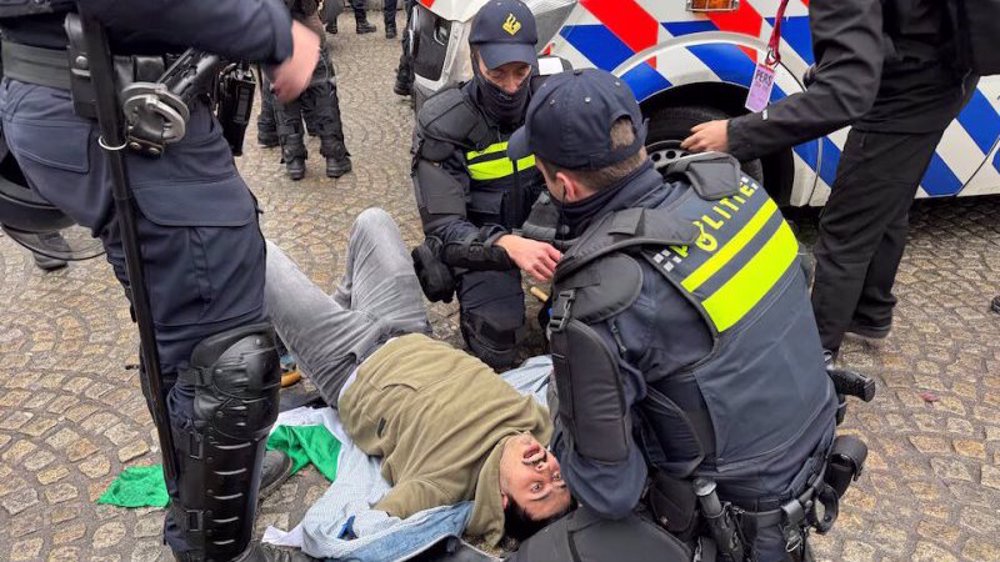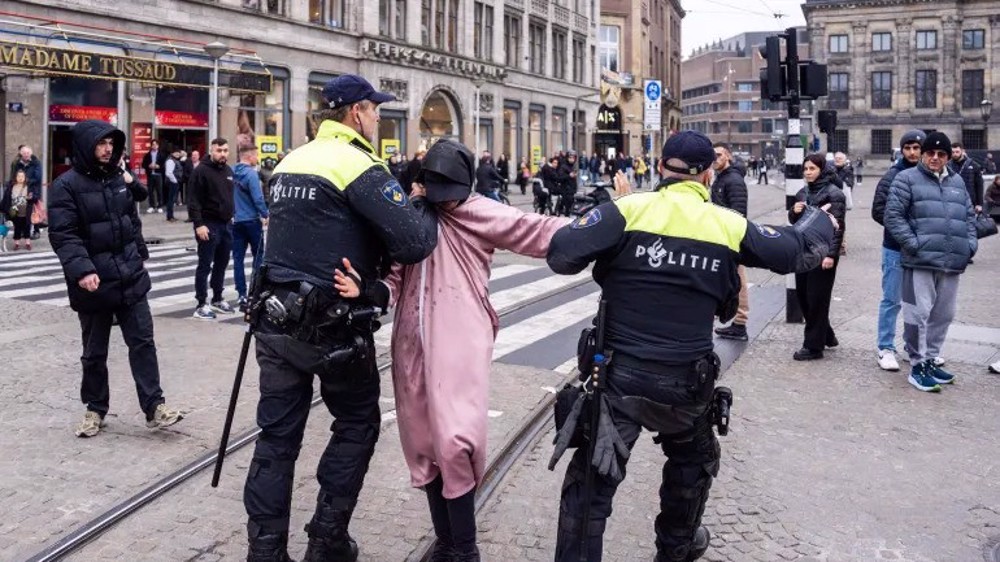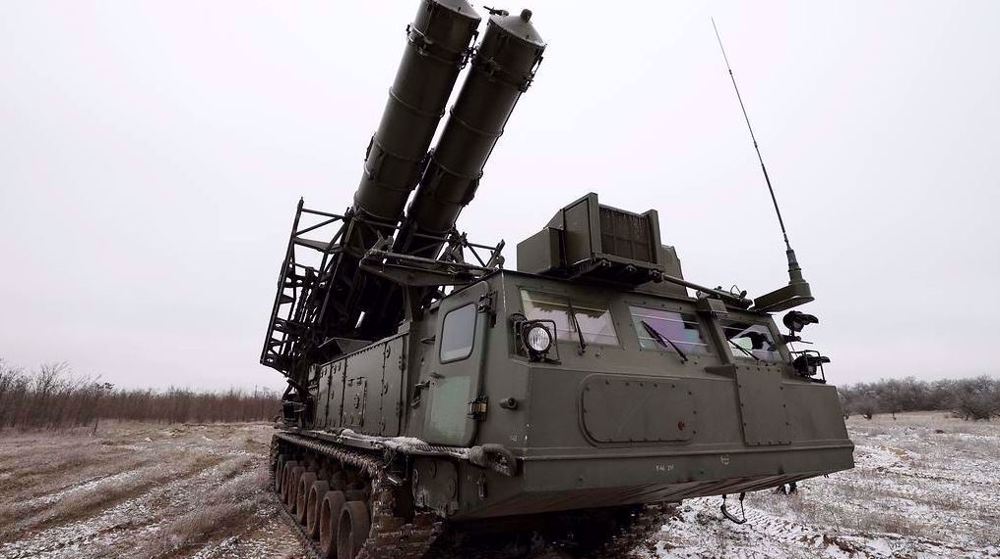Bulgarians vote in presidential runoff election
People in Bulgaria have headed to the polls to elect a new president in a runoff set to determine whether the country will politically tilt to the East or West.
The choice on Sunday is between pro-Russia Rumen Radev, 53, backed by the opposition Socialist Party, and the speaker of parliament, Tsetska Tsacheva, a 58-year-old lawyer and member of Prime Minister Boiko Borisov’s pro-European Union (EU) center-right party.
In the first round of the voting, Radev won 25 percent of the votes followed closely by Tsacheva, who bagged 22 percent.
Borisov, whose Citizens for European Development of Bulgaria (GERB) Party, has won all national elections in the last decade, says he will resign if Tsacheva loses the runoff, opening the way to early parliamentary elections.
Radev, on the other side, is a military commander who has attracted many Bulgarians fed up with government corruption and graft.

A former NATO fighter pilot, Radev has pledged to maintain Bulgaria’s membership in NATO but has also said that “being pro-European does not mean being anti-Russian.”
Tsacheva, seeking to become Bulgaria’s first female president, is expected to continue her party’s pro-EU foreign policy if she wins. She has attempted to rally other right-wing parties behind her, urging them not to allow Bulgaria, a former Soviet ally, “to return to the dark past.”
The country joined the EU a decade ago. It is the most impoverished member of the 28-nation bloc.
Many Bulgarians feel a cultural and historical attachment to Russia, however. And the country is dependent on Moscow for energy.
Trump’s ‘Make America Great Again’ shows US debilitated, desperate: Fmr. IRGC chief
Jordan rage: Protesters blast Israel’s genocide in Gaza, carnage in Lebanon
Pentagon official says ‘shocked’ by Yemen’s firepower, arsenal
IAEA chief tours two key Iranian nuclear facilities
Larijani asserts Iran’s support for resistance, says conveyed Leader’s message to Lebanon
VIDEO | Beirut’s southern suburbs targeted in 'heavy' Israeli strikes
Haaretz: Over 10,000 Israelis have migrated to Canada this year
VIDEO | Press TV's news headlines













 This makes it easy to access the Press TV website
This makes it easy to access the Press TV website